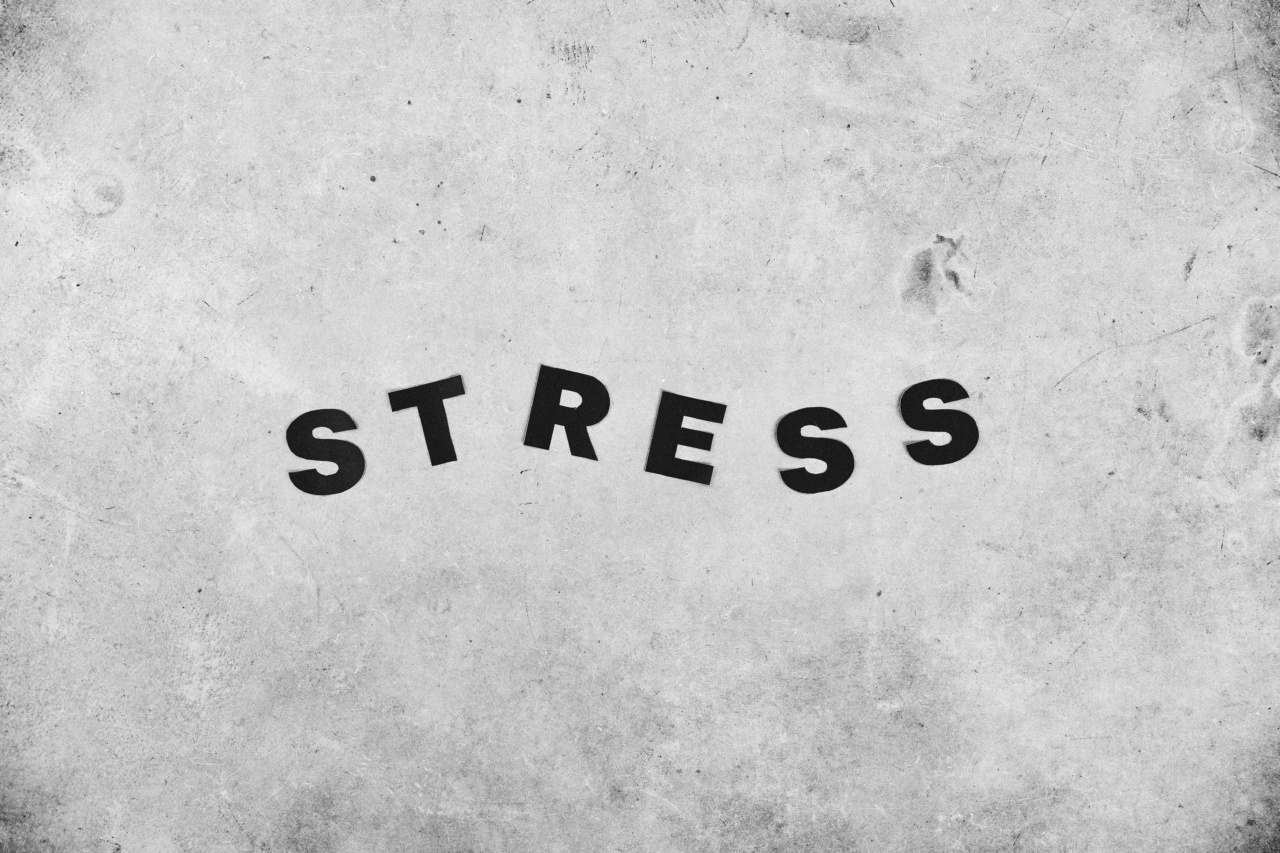Mornings can be challenging, especially if you suffer from anxiety. The thought of facing another day can bring up feelings of nervousness, stress, and overwhelm.
However, with the right strategies, it’s possible to wake up feeling refreshed, energized, and anxiety-free. Here are some tips to help you start your day with ease.
1. Create a Relaxing Nighttime Routine
The way you prepare for the evening can significantly influence how you feel in the morning. Establish a relaxing nighttime routine that calms your mood and prepares you for sleep.
Turn off your electronic devices an hour before bedtime, read a book, practice meditation or yoga, or take a warm bath. Try to avoid consuming caffeine or alcohol before bed, as they can interfere with your sleep quality.
2. Keep Your Bedroom Dark and Quiet
Your sleeping environment plays a crucial role in how rested and relaxed you feel in the morning. Make sure your bedroom is dark, quiet, and free of distractions.
Use curtains or blinds to block out any light from outside, wear earplugs if necessary, and keep your phone out of your bedroom. If you have trouble falling asleep, try a sleep mask, white noise machine, or aromatherapy diffuser to help you relax.
3. Wake Up at the Same Time Every Day
Establishing a regular sleep-wake cycle can help your body and mind regulate their circadian rhythms, which are essential for healthy sleep. Try to wake up at the same time every day, even on weekends, to help regulate your body clock.
This can help you fall asleep faster at night and wake up feeling more refreshed and alert in the morning.
4. Don’t Hit Snooze
Although it may be tempting to snooze a few more minutes, hitting snooze can actually make you feel more groggy and tired. When you hit snooze, you disrupt your sleep cycle, and your body has to start the process of falling asleep all over again.
Instead, place your alarm clock across the room or use an app that requires you to solve a puzzle or answer a question before turning off your alarm.
5. Practice Gratitude
When you wake up, take a few moments to think about three things you’re grateful for. Focusing on gratitude can shift your mindset from worry and stress to appreciation and joy.
Gratitude practices have been shown to improve mental health, increase happiness and overall well-being, and reduce stress and anxiety levels.
6. Start Your Day with a Healthy Breakfast
Starting your day with a nutritious and balanced meal can provide you with the energy and focus you need to face the day ahead. Choose whole foods like fruits, vegetables, lean proteins, and whole grains that provide sustained energy and nutrients.
Avoid sugary or processed foods that can cause a quick energy spike followed by a crash.
7. Move Your Body
Exercise is an excellent way to reduce stress and improve mood, especially in the morning. Try to incorporate some form of physical activity into your morning routine, whether it’s a brisk walk, yoga, or a quick workout.
Exercise releases endorphins, which can help elevate your mood and reduce feelings of anxiety or depression.
8. Practice Deep Breathing
Deep breathing exercises can help you relax and reduce feelings of anxiety or stress. Try taking three deep breaths in through your nose and out through your mouth, focusing on your breath and counting to five in your mind.
Repeat this for a few minutes until you feel more centered and calm.
9. Set an Intention for Your Day
Before you start your day, set an intention for how you want to feel and what you want to accomplish. This can help you stay focused and motivated throughout the day and reduce feelings of overwhelm or uncertainty.
Make sure your intention is positive, specific, and realistic.
10. Seek Professional Help
If your anxiety is interfering with your ability to function or enjoy life, seek professional help. A therapist or counselor can help you develop coping strategies, manage your symptoms, and improve your overall mental health.
Don’t hesitate to reach out for support if you need it.































